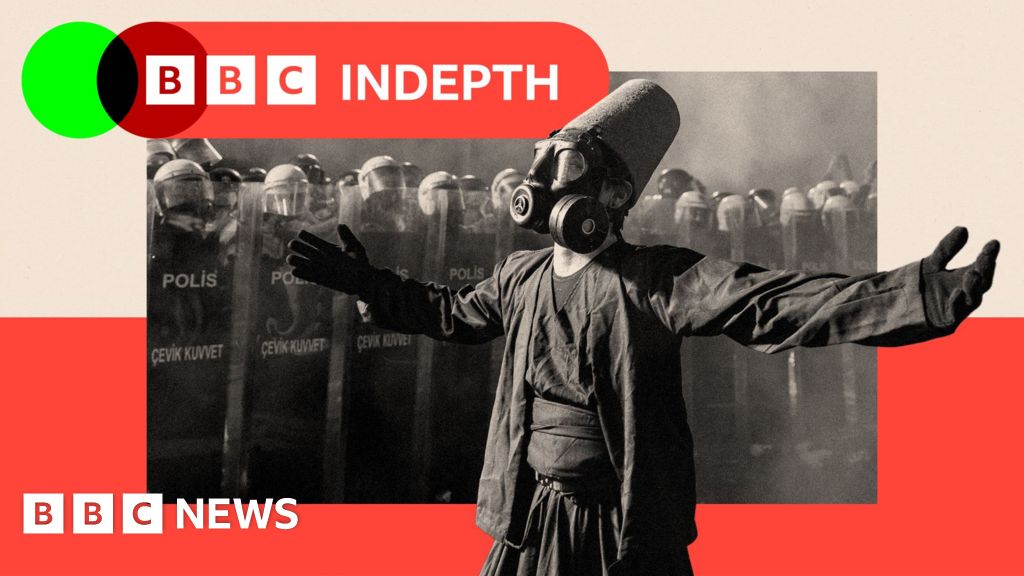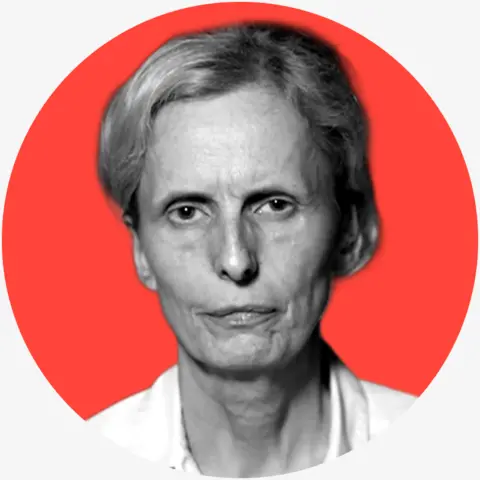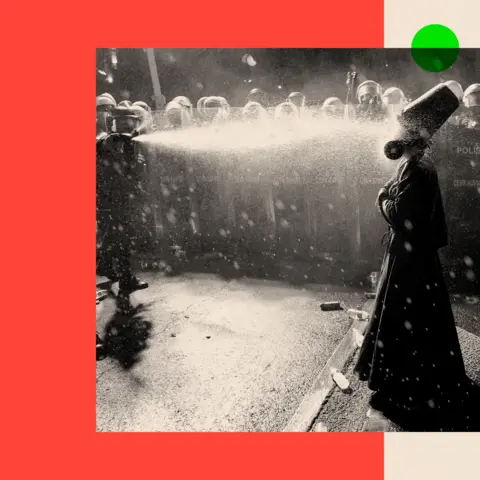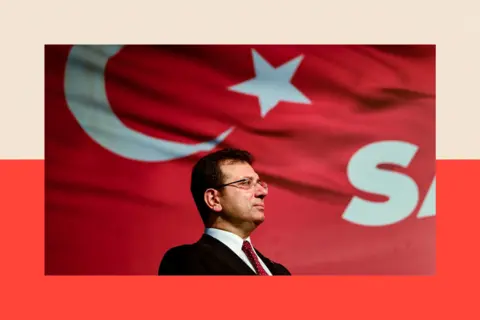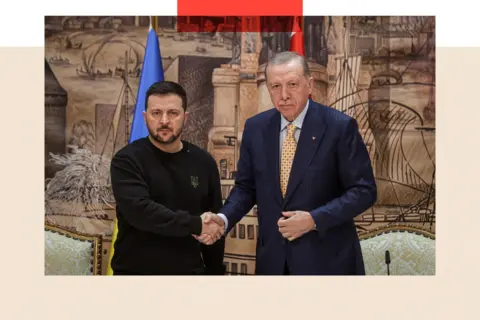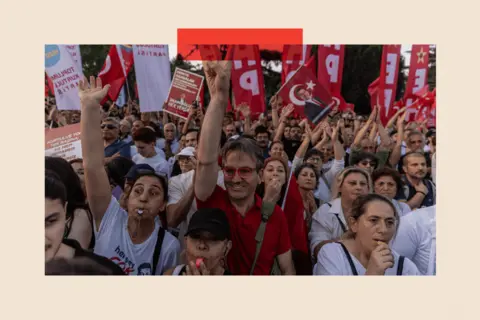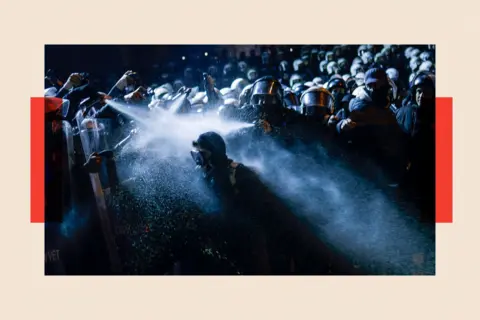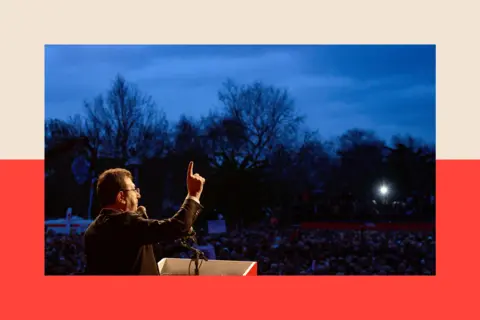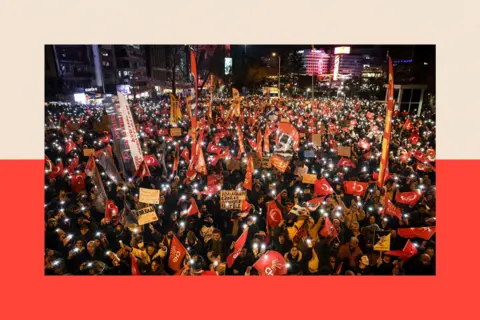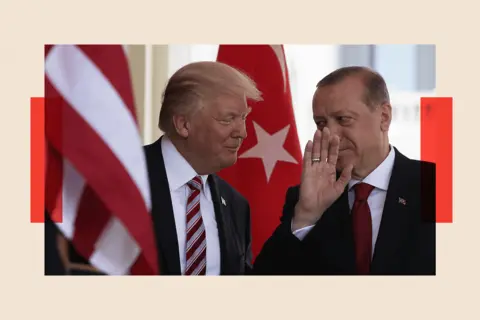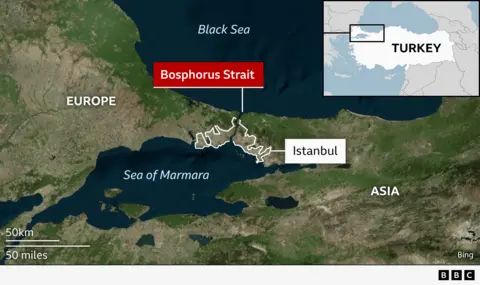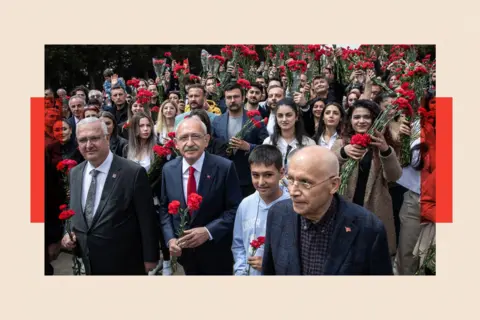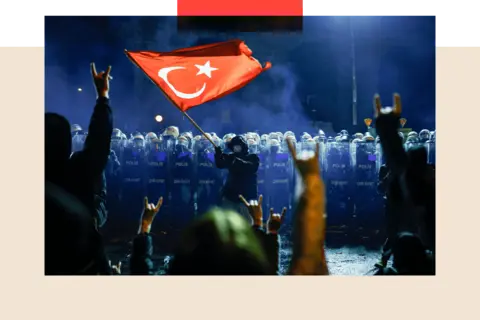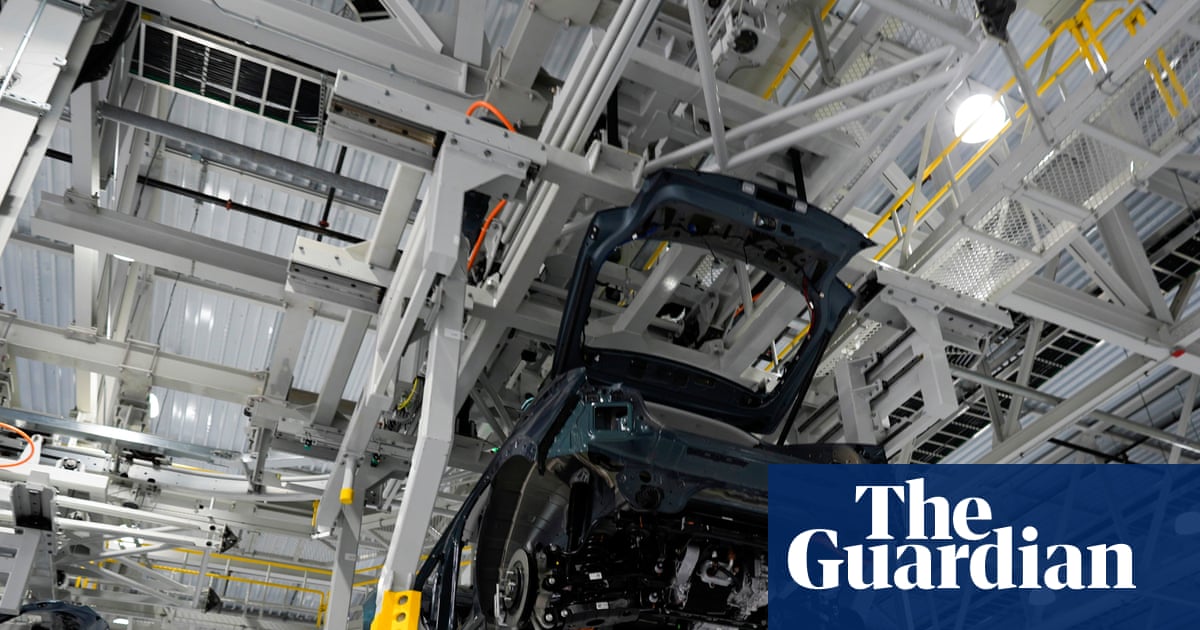
Hundreds of workers detained in major Ice raid at US Hyundai factory
South Korea concerned after at least 450 were arrested at Georgia work site making batteries for Hyundai and Kia cars
Hundreds of workers detained in major Ice raid at US Hyundai factory
South Korea concerned after at least 450 were arrested at Georgia work site making batteries for Hyundai and Kia carsGuardian staff and agency
Fri 5 Sep 2025 09.22 EDT
Share
Hundreds of workers at a factory being built in Georgia to make car batteries for Hyundai and Kia electric vehicles were detained in a massive raid by Immigration and Customs Enforcement (Ice) on Thursday that stopped construction.
The facility is part of what would be the biggest industrial investment in the state’s history and had been hailed as a huge boost for the economy by Georgia’s Republican governor, Brian Kemp.
At least 450 people were arrested, according to the Atlanta office of the US justice department agency, the Bureau of Alcohol, Tobacco, Firearms and Explosives.
However the Korea Economic Daily later reported around 560 workers at the Hyundai facility and LG Energy Solution (LGES), had been detained, citing unidentified industry sources. Some 300 are South Korean nationals, according to local media reports. Hyundai Motor is a South Korean automotive company but has many international plants.
The raid on Thursday has dealt a setback to the company’s substantial project in Georgia and was a dramatic iteration of the Trump administration’s harsh crackdown on immigrants in the US.
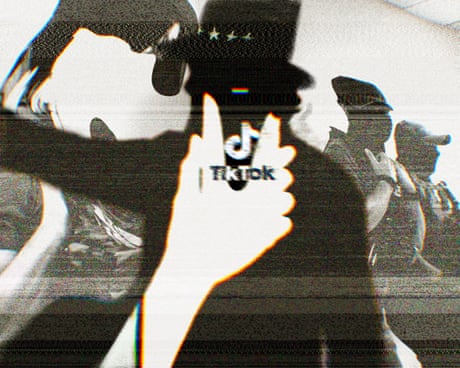
From Uncle Sam to social media memes: inside homeland security’s push to swell Ice ranks
Read more
It also showed the disruptive impact that Donald Trump’s mass deportation agenda is having on businesses, even as the White House tries to spur more inflows from foreign investors.
An agent at the Department of Homeland Security (DHS) said multiple federal agencies, including Ice, the FBI and the DEA “conducted a judicially authorized enforcement operation, as we are actively conducting an investigation into unlawful employment practices”.
“Arrests are being made,” Steven Schrank, the special agent in charge of homeland security investigations for Georgia, said in a news briefing.
A government official representing South Korea, the home of Hyundai Motor, said those arrested were being held at an Ice detention facility.
South Korea’s foreign ministry said that “many of our nationals” have been detained and expressed concern about the impact of the raid.
“The economic activities of our companies investing in the United States and the interests of our citizens must not be unduly violated during the course of US law enforcement,” ministry spokesperson Lee Jae-woong said in a statement on Friday.
The battery production facility, a joint venture between South Korean battery maker LGES and Hyundai Motor, was due to start operations at the end of this year, according to LGES, to power electric vehicles.
A spokesperson at the Hyundai-GA battery company in Georgia said in a statement that it was cooperating fully and that it had paused construction work.
Hyundai Motor said its production of electric vehicles at the sprawling site was not affected.
In 2023, Hyundai Motor Group and LG Energy Solution (LGES) announced the $4.3bn venture to produce EV battery cells, with each company holding a 50% stake. The plant will supply batteries for Hyundai, Kia and Genesis EV models.
The battery factory is part of Hyundai’s $12.6bn investments in Georgia, including the automaker’s just-opened car factory, in what would be “the largest economic development project in the state’s history” and is part of a bigger investment in US industry by the South Korean company, announced in March as Trump was ramping up on tariffs.
A social media video footage showed a man wearing a vest with the letters HIS, an acronym for Homeland Security Investigations (HSI), telling workers in yellow safety vests: “We have a search warrant for the whole site. We need construction to cease immediately. We need all work to end on the site right now.”
Trump has said he wants to deport “the worst of the worst” criminals, but Ice figures have shown a rise in non-criminals being picked up. Rights advocates have denounced such raids.
While homeland security investigations led the raid, federal officers were assisted by the Georgia department of public safety and state troopers, according to local media.
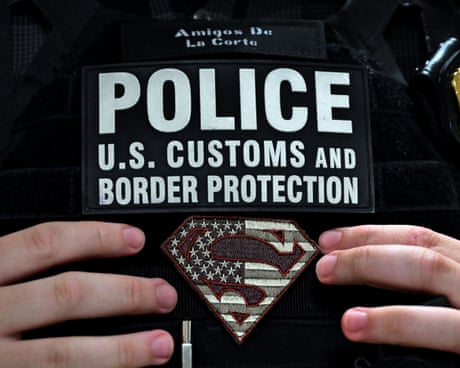
Dozens of warehouse workers detained in New Jersey immigration raid
Read more
Meanwhile in upstate New York, another significant Ice raid took place at the Nutrition Bar Confectioners facilities near Syracuse, where snack bars are made at a family-owned concern, drawing anger from the state governor.
Officers forced entry to the industrial facility and detained dozens of workers.
“I am outraged by this morning’s Ice raids in Cato and Fulton, where more than 40 adults were seized, including parents of at least a dozen children at risk of returning from school to an empty house,” Kathy Hochul, New York’s Democratic governor, said in a statement released by her office.
“I’ve made it clear, New York will work with the federal government to secure our borders and deport violent criminals, but we will never stand for masked Ice agents separating families and abandoning children,” Hochul added.
Migrant advocacy group Rural & Migrant Ministry said on Facebook that it estimated that more than 70 workers had been arrested.
Reuters contributed reporting
Please help us hit our fundraising appeal target
22,049 of 40,000 readers
At this dangerous moment for dissent
I hope you appreciated this article. Before you close this tab, I wanted to ask if you could support the Guardian at this crucial time for journalism in the US.When the military is deployed to quell overwhelmingly peaceful protest, when elected officials of the opposing party are arrested or handcuffed, when student activists are jailed and deported, and when a wide range of civic institutions – non-profits, law firms, universities, news outlets, the arts, the civil service, scientists – are targeted and penalized by the federal government, it’s hard to avoid the conclusion that our core freedoms are disappearing before our eyes – and democracy itself is slipping away.
In any country on the cusp of authoritarianism, the role of the press as an engine of scrutiny, truth and accountability becomes increasingly critical. At the Guardian, we see it as our job not only to report on the suppression of dissenting voices, but to make sure those voices are heard.
Not every news organization sees its mission this way – indeed, some have been pressured by their corporate and billionaire owners to avoid antagonizing this government. I am thankful the Guardian is different.
Our only financial obligation is to fund independent journalism in perpetuity: we have no ultrarich owner, no shareholders, no corporate bosses with the power to overrule or influence our editorial decisions. Reader support is what guarantees our survival and safeguards our independence – and every cent we receive is reinvested in our work.
The Guardian’s global perspective helps contextualize and illuminate what we are experiencing in this country. That doesn’t mean we have a single viewpoint, but we do have a shared set of values. Humanity, curiosity and honesty guide us, and our work is rooted in solidarity with ordinary people and hope for our shared future.
It has never been more urgent, or more perilous, to pursue reporting in the US that holds power to account and counters the spread of misinformation – and at the Guardian we make our journalism free and accessible to all. Can you spare just 37 seconds now to support our work and protect the free press?
We value whatever you can spare, but a recurring contribution makes the most impact, enabling greater investment in our most crucial, fearless journalism. As our thanks to you, we can offer you some great benefits – including seeing far fewer fundraising messages like this. We’ve made it very quick to set up, so we hope you’ll consider it. Thank you.




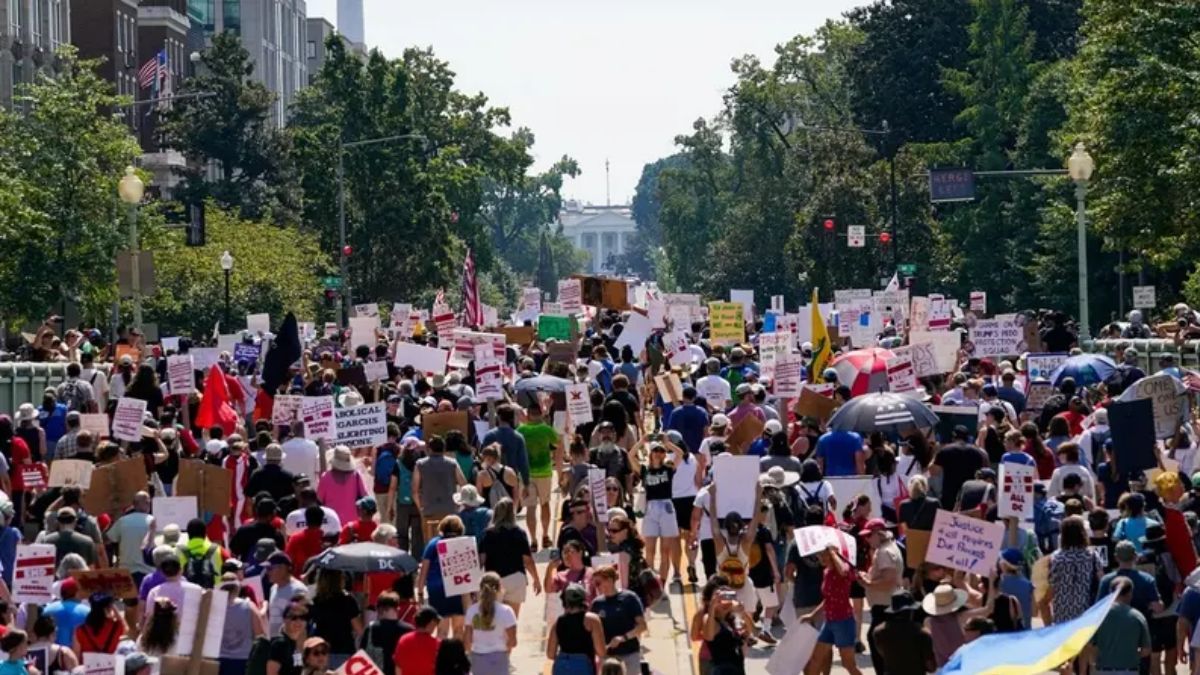)

